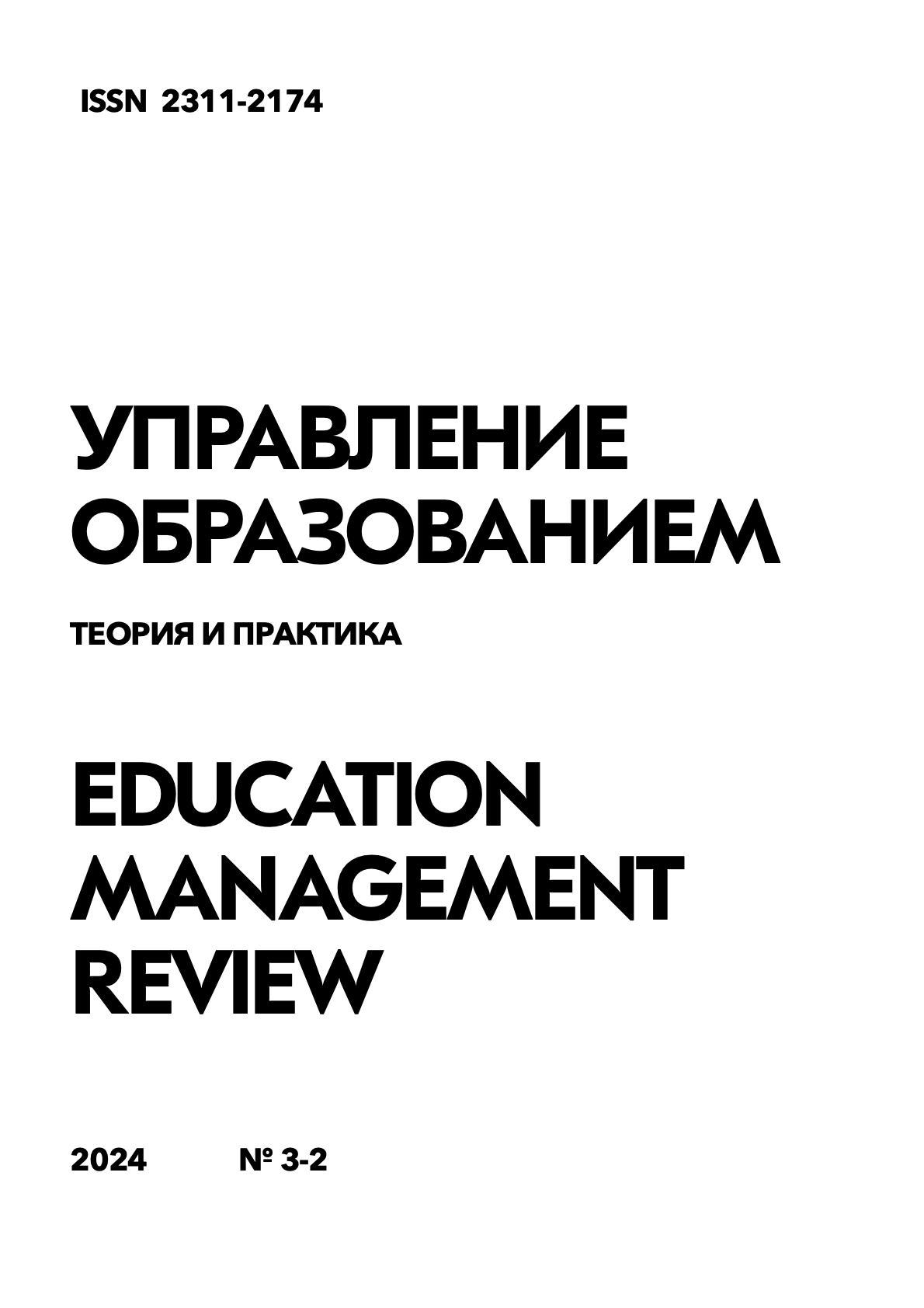Experimental work on the development of mental operations in older preschool children
DOI:
https://doi.org/10.25726/z0100-2896-8156-vKeywords:
educators, psychologists, children, teachers, program, mental operations, development, thinking, methods, diagnostics, experimentationAbstract
In this article, we describe our experimental work on the development of mental operations in older preschool children of the Municipal Preschool Educational Institution № 48 «Energetik» in Neryungri. This study was conducted in three stages (Primary diagnosis, formative experiment, control diagnosis). The reliability of the results obtained at the control stage was verified using the mathematical method of the Wilcoxon T-test. An analysis of the scientific literature on the topic of the study showed that mental operations develop on the basis of experience, interaction with the outside world, games and learning. Thinking in children is the most important process of cognitive activity, it also opens up something new in a seemingly familiar object or phenomenon [7]. Given that each child is unique, and the level of development of thinking is different, as well as time does not stand and moves forward, it is important to create a flexible and adapted program that can effectively support the development of mental operations with different levels of abilities. Based on the generalized psychological and pedagogical experience of specialists, the analysis of methodological materials, we have compiled a psychological and pedagogical program «World of experiments», which was tested at the 2nd stage of the study.
References
Гамезо М.В. Возрастная и педагогическая психология: уч. пос. для студ. всех спец. пед. вузов. М.: Педагогическое общество России, 2013. 512 с.
Гамезо М.В. Общая психология: уч.-мет. пос. М.: Ось-89, 2007. 352 с.
Гатанова Н., Тунина Е. Программа развития и обучения дошкольника. Тесты для детей 4- х лет. СПб.: ИД Нева; ОЛМА-ПРЕСС, 2002. 32 с.
Мещеряков Б.Г., Зинченко В.П. Большой психологический словарь. М.: Академия, 2002. 632 с.
Мухина В. С. Возрастная психология. Феноменология развития: уч. для студ. высш. учеб. зав. М.: Академия, 2012. 608 с.
Немов Р. С. Психология: словарь-справочник: в 2 ч. Ч. 1. М.: ВЛАДОС-ПРЕСС, 2003. 304 с.
Немов Р.С. Психология: уч. для студ. пед. учеб. зав. В 3 кн. Кн. 1: «Общие основы психологии». М.: ВАДОС-ПРЕСС, 2001. 688 с.
Рубинштейн С.Л. Основы общей психологии. – СПб.: Питер, 2000. 592 с.
Савенков А.И. Развитие логического мышления 7-8 лет. М.: Астрель, 2013. 34 с.
Светлова И.Е. Развиваем логику. М.: ЭКСМО-Пресс, 2001. 62 с.
Семаго Н.Я., Семаго М.М. Руководство по психологической диагностике: дошкольный и младший школьный возраст. М.: Изд-во АПКиПРО РФ, 2000. 373 с.
Тонких А. П. За чистоту математического языка // Управление образованием: теория и практика. 2023. № 1(59). С. 60-80.
Тонких А. П. Метод моделирования в курсе математики факультетов подготовки учителей начальных классов // Начальная школа плюс До и После. 2002. № 1. С. 54-63.




